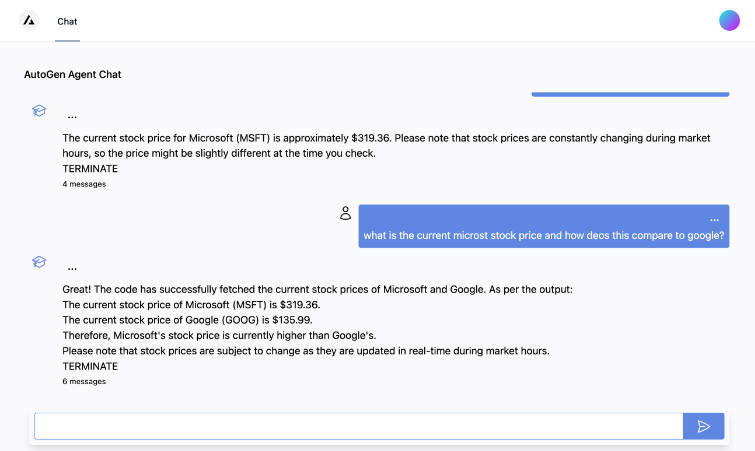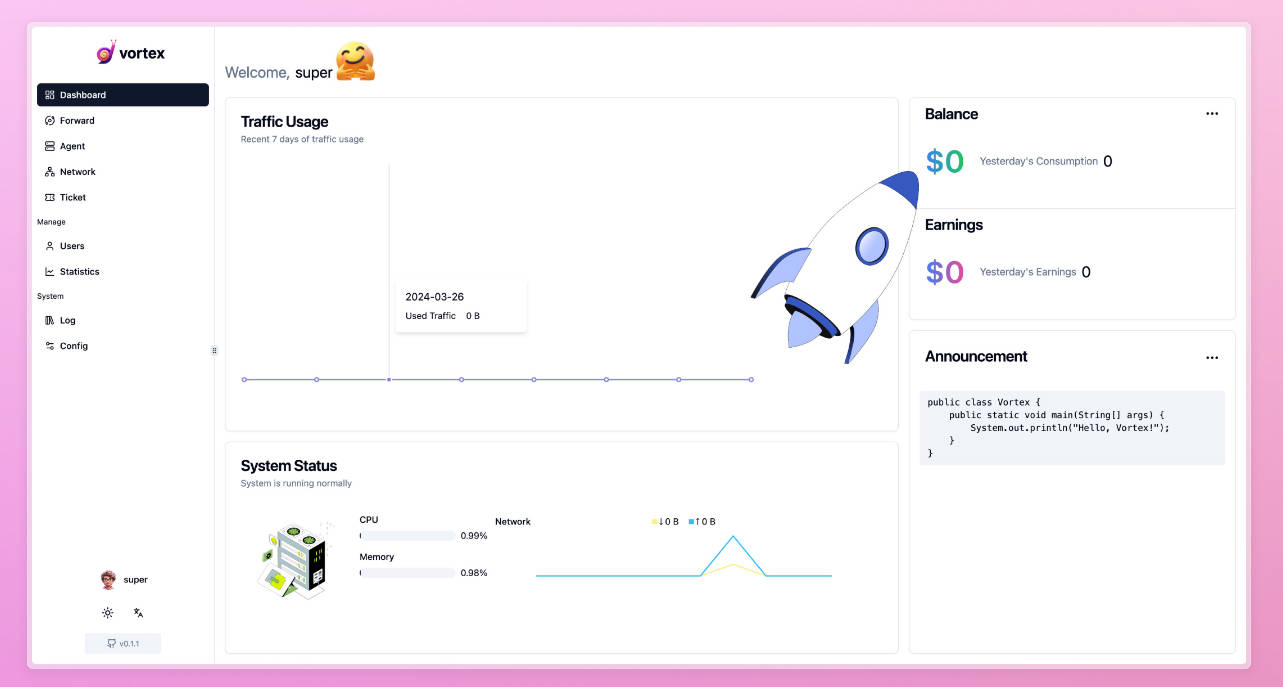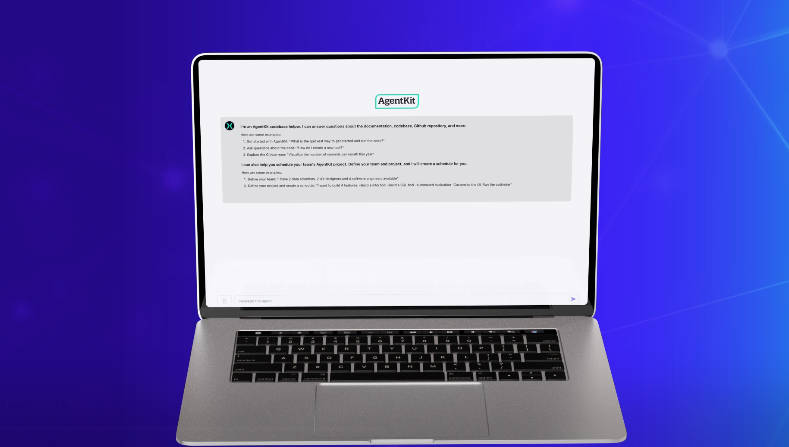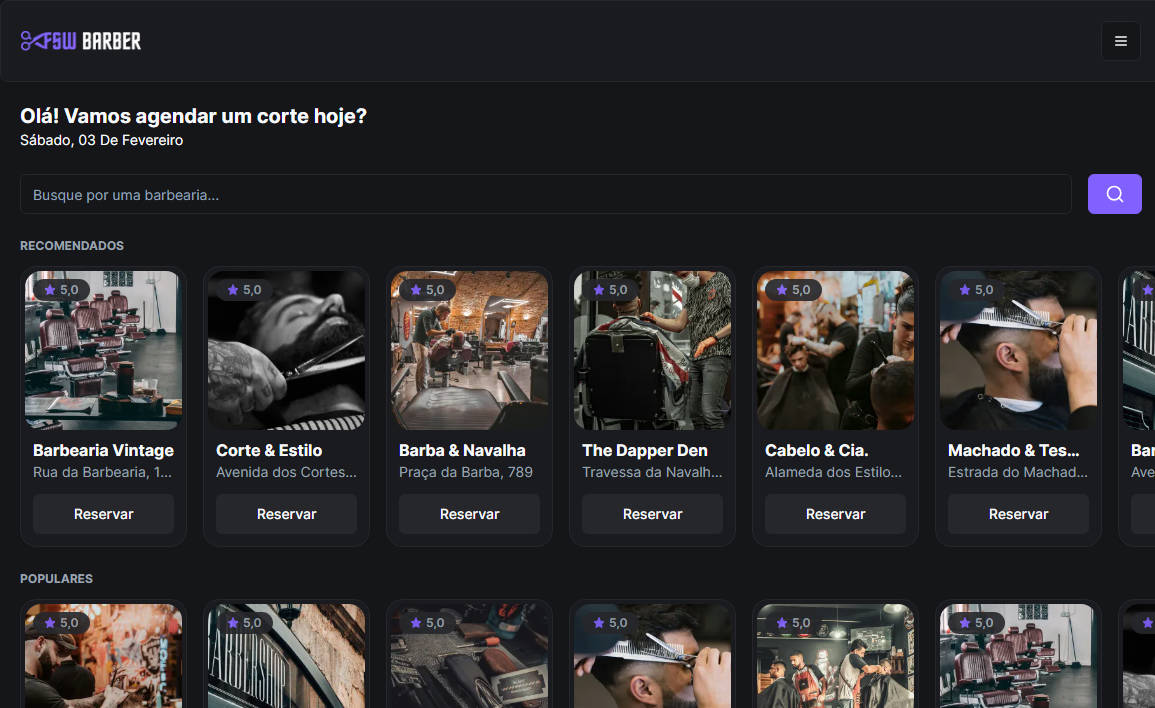AutoGen UI

Experimental UI for working with AutoGen agents, based on the AutoGen library. The UI is built using Next.js and web apis built using FastApi.
Why AutoGen UI?
AutoGen is a framework that enables the development of LLM applications using multiple agents that can converse with each other to solve complex tasks. A UI can help in the development of such applications by enabling rapid prototypingand testing and debugging of agents/agent flows (defining, composing etc) inspecting agent behaviors, and agent outcomes.
Note: This is early work in progress.
Getting Started
Install dependencies. Python 3.8+ is required.
pip install -e .
Run ui server.
autogenui # or with --port 8081
Open http://localhost:8081 in your browser.
To modify the source files, make changes in the frontend source files and run npm run build to rebuild the frontend.
Roadmap
- FastApi end point for AutoGen. This involves setting up a FastApi endpoint that can respond to end user prompt based requests using a basic two agent format.
- Basic Chat UI
Front end UI with a chatbox to enable sending requests and showing responses from the end point for a basic 2 agent format.
- Debug Tools: enable support for useful debugging capabilities like viewing
- # of agent turns per request
- define agent config (e.g. assistant agent + code agent)
- agent internal conversation history per request
- cost of interaction per request (# tokens and $ cost)
- Debug Tools: enable support for useful debugging capabilities like viewing
- Flow based Playground UI
Explore the use of a tool like React Flow to add agent nodes and compose agent flows. For example, setup an assistant agent + a code agent, click run and view output in a chat window.
- Create agent nodes
- Compose agent nodes into flows
- Run agent flows
- Explore external integrations e.g. with Flowise
References
@inproceedings{wu2023autogen,
title={AutoGen: Enabling Next-Gen LLM Applications via Multi-Agent Conversation Framework},
author={Qingyun Wu and Gagan Bansal and Jieyu Zhang and Yiran Wu and Shaokun Zhang and Erkang Zhu and Beibin Li and Li Jiang and Xiaoyun Zhang and Chi Wang},
year={2023},
eprint={2308.08155},
archivePrefix={arXiv},
primaryClass={cs.AI}
}





